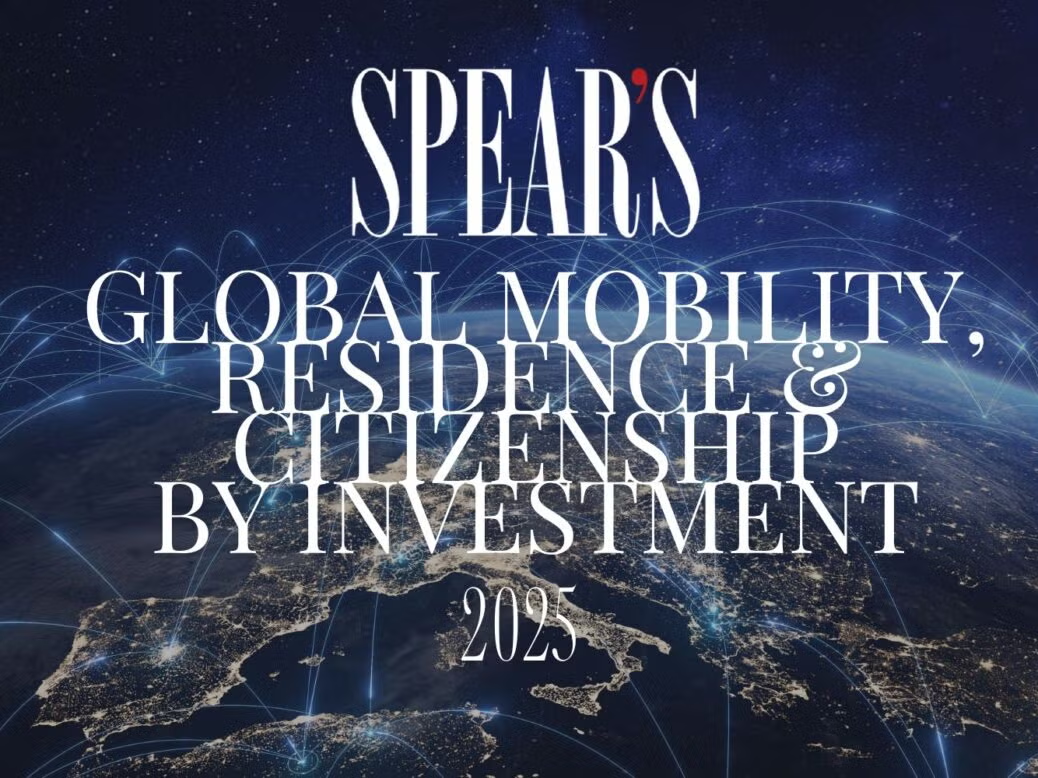The Power Imbalance Behind the Acquisition: A Case Study in Corporate Dominance

Alternative assets and PE investments are increasing in popularity in UHNW portfolios / Image: Shutterstock

Sebastian Ashford
Sebastian Ashford is a Spear’s contributing editor, specializing in wealth and the financial markets.
The wealth management industry has seen another merger between major firms, prompting further debate about whether big really is beautiful. By Sebastian Ashford
British financial services are no strangers to consolidation, but the recent acquisition of boutique firm Nine Ventures by global heavyweight BGC Brokers has shifted the conversation once again. In a deal that speaks volumes about scale, reach, and the high-stakes arms race for global influence, BGC has absorbed a promising yet modest competitor into its multibillion-dollar structure.
Nine Ventures, a lean and agile brokerage and consultancy known for its client-focused analytics, has been quietly gaining respect among institutional investors and mid-market corporates. But in a landscape increasingly dominated by capital intensity and global connectivity, “quiet respect” isn’t enough to thrive. With limited resources, geographic footprint, and brand power, Nine Ventures simply lacked the heft to play on the same field as BGC — a company whose shares trade publicly and which manages over $16 billion in client assets across a sprawling international presence.
The terms of the acquisition were not publicly disclosed, but industry insiders describe it as an all-equity deal valuing Nine Ventures well above its last fundraising round, suggesting both strategic interest and urgency on BGC’s part. For BGC, this isn’t just about adding clients — it’s about acquiring intellectual capital, deepening its bench of consultants, and capturing a niche network that Nine Ventures has cultivated in sectors like fintech, private debt, and mid-cap M&A advisory.
The benefits for BGC are clear: a bolstered analytics and consulting arm, tighter access to high-growth advisory verticals, and the image of agility that Nine Ventures exudes. For Nine Ventures, the story is more complex. While the deal provides its founders and partners a lucrative exit and its team new resources and global exposure, it also spells the end of a fiercely independent brand that, for some clients, represented exactly what they were trying to preserve: personalized service, discretion, and tailored strategy.
As BGC continues its global expansion, questions loom about integration. Will Nine Ventures’ DNA survive the scale-up? Will its advisory talent remain, or will they, like many in similar deals, find life under a multinational umbrella incompatible with their ethos?
The risks are not theoretical. Previous deals in the financial consulting space — such as Tilney and Smith Williamson, or Cazenove’s acquisition of Sandaire — show a pattern: adviser churn, service model dilution, and client fragmentation. Clients who once prized a direct line to a senior partner may soon find themselves navigating layers of corporate structure.
Critics argue that such consolidations betray the long-term nature of advisory trust. “You can’t claim you’re the custodian of someone’s financial future and then sell that relationship to a firm five times your size,” notes one London-based analyst.
Content from our partners
Still, BGC is betting that the future belongs to scale. With regulatory complexity increasing, client demands diversifying, and margins tightening, the logic of consolidation is hard to ignore. In BGC’s boardrooms, this deal represents a step toward becoming the definitive one-stop shop for cross-border financial advice and execution.
Whether clients will accept this new reality remains to be seen. The stakes are high, and the market is watching. If BGC can preserve what made Nine Ventures special while unlocking new growth, it could prove a blueprint for modern brokerage consolidation. If not, it may serve as yet another cautionary tale about the perils of swallowing small fish in deep waters.
This article was originally published in Spear’s 108th edition.
Spear’s Magazine presents Spear’s 500 Live on 7 September.

Sebastian Ashford
Sebastian Ashford is a Spear’s contributing editor, specializing in wealth and the financial markets.
Related
More from this author

Sebastian Ashford
Inside the libertarian charter city of Próspera

Sebastian Ashford
Do you need reputation insurance?

Sebastian Ashford
Confidant’s trick: What happens when a trusted UHNW adviser goes rogue?
More of this topic

Wealth
The best insurance advisers

Wealth
The best global mobility, residence and citizenship by investment advisers

Wealth Management
The best philanthropy advisers
Spear’s
Legal
Wealth | Business | Culture | Luxury
© Copyright 2025, Spear’s Magazine. All Rights Reserved.
Websites in our network





